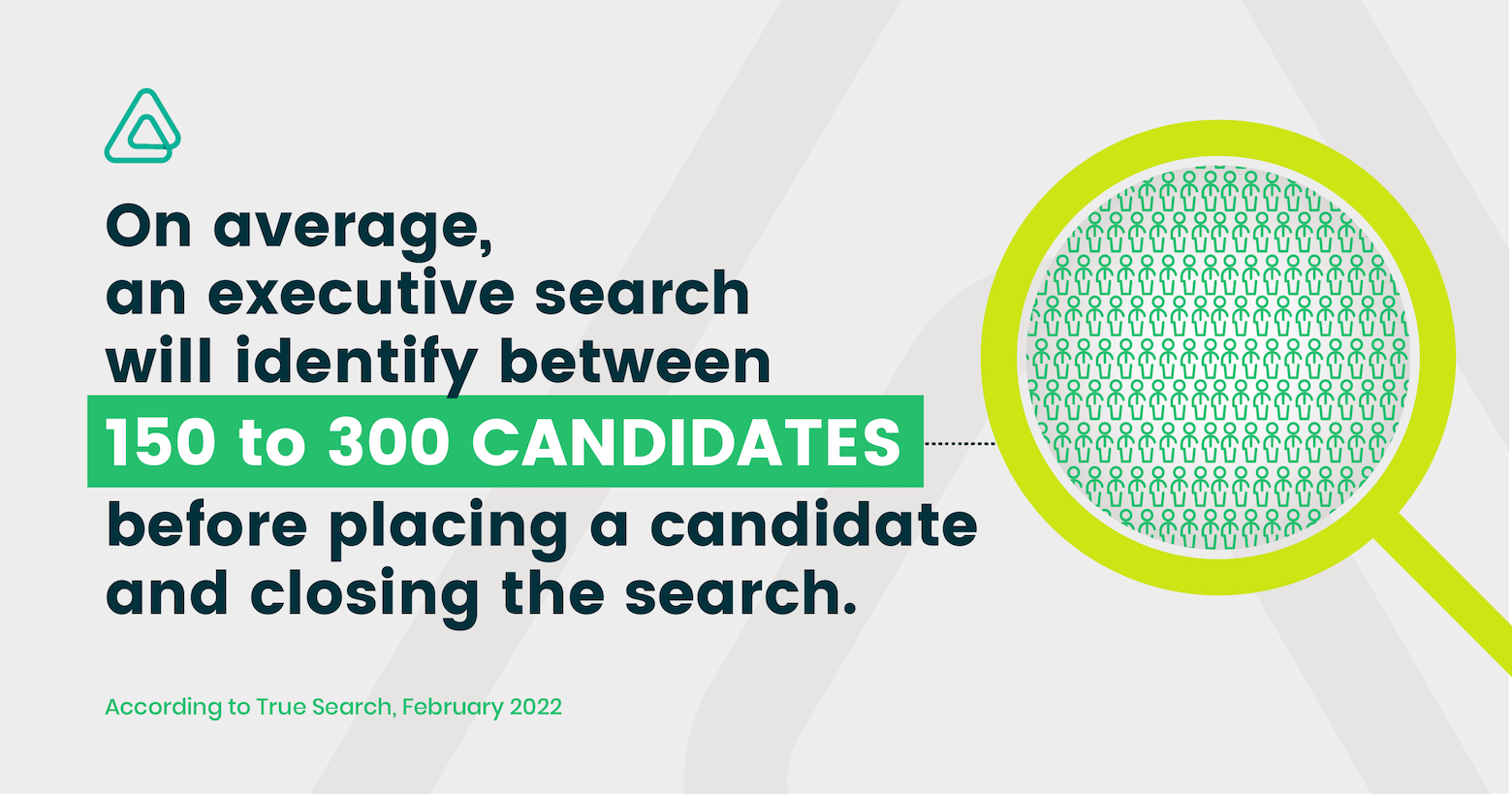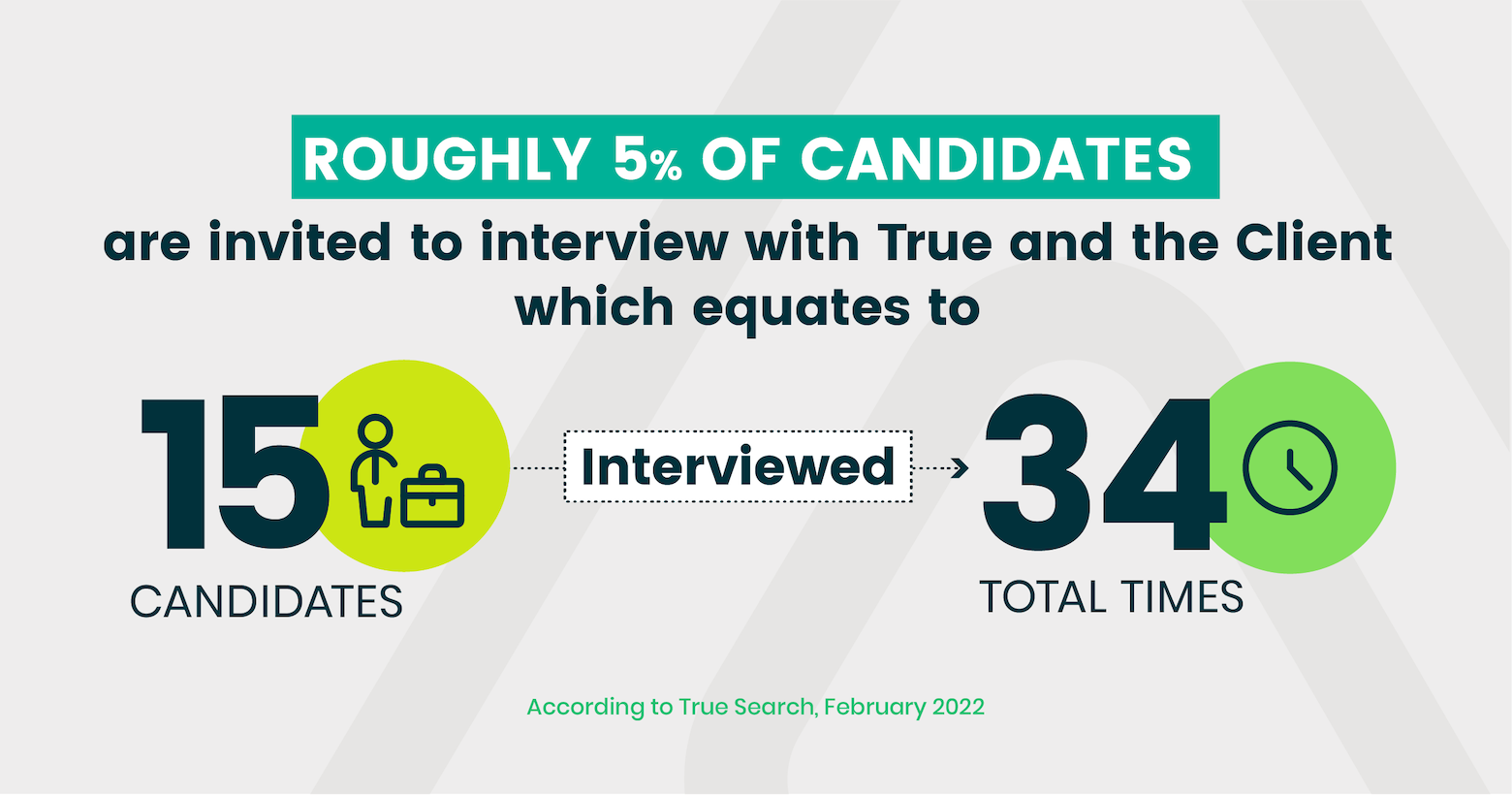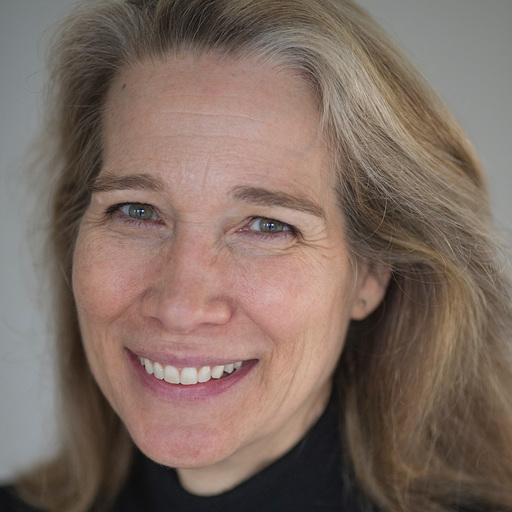If you’re looking for an executive position this year, you have a lot of power.
Unfortunately, most people don’t understand how the game is played at this level because it’s shrouded in mystery. I think that's unfair and perpetuates the imbalance in the executive ranks, so I’m going to pull back the curtain and explain how it works.
When you applied for a junior-level position, you probably searched on LinkedIn or Monster and applied with a resume filled with appropriate keywords. Then an AI bot selected your resume out from the pile, you had some interviews, and you got the job. For the recruiter, it’s an inbound numbers game.
The thing is, once you’re at the executive level, everything flips. For the recruiter, it’s a targeted outbound process. Only a tiny percentage of executive positions are advertised, so you can’t apply. If you hear about a position and reach out to a recruiter, or a company’s HR department, you’ll be seen as desperate and uninteresting. It’s horrible and doesn’t make any sense, but it’s true.
Now you might think that if a recruiter reached out to you during a previous search and you declined (because you were happy with your job at the time) you could contact them six months later and they’d drop you right into their latest search. Nope. That was then, this is now. You might think recruiters work for you, but they don’t. They work for companies.
The truth is, you have to just sit there and wait. Wait for somebody you know to be in the room when a position comes up so they can mention your name. Or wait for a recruiter or someone in HR to notice you in their database and say, “Maybe this person will be a fit.”
And oh, by the way, when that happens, don’t get too excited. Often all you are is fodder for the process. They probably have someone they think is awesome and they need four or five more people to fill the slate. A typical exec search looks at 300 candidates.

You think you’re getting somewhere when you’re on the list, but you’re not. The recruiter might interview 15 people; you’re still not a serious candidate. They also might be talking with new candidates even though there’s an offer out, just in case. Not until the hiring manager is interviewing you are you a serious candidate; usually they only take time to interview a few top people.

Note that you’ll have no way of knowing where you really stand. Imagine that you’ve been interviewed and you’re the #3 candidate. Will you know that? NO! They’re going to keep you on ice while they try to close the #1 candidate, and if that falls through the #2. They are incented to keep your actual position in the search secret.
Once you’re in the interview process, know that you will be backdoor referenced. Recruiters are connected to thousands of people. They will find multiple people you’ve worked with who you didn’t put on your reference list. What you leave in your wake really matters. If you get a negative backdoor reference, a good recruiter will try to find out what happened. When they ask you about it, be honest. You never know what information they’re working with, so it’s best to assume they know a lot.
The bottom line is, executive search is built on information asymmetry. As a candidate, you’re intentionally kept in the dark through most of it.
Of course, there are exceptions, executive recruiters who create genuine relationships with candidates, help coach you, and even try to bring you into their searches. But they’re few and far between, and even they are accountable to the client— not to you.
So, what do you do?
Well, you’re already at an advantage by reading this. People can tell when you don’t know how the game works. Now you do.
Make friends your entire career. Never burn bridges. When you’re ready to move to a new position, subtly let your connections know that you’re open to new opportunities.
But what do you do if you don’t have a big network and recruiters don’t contact you?
Well, honestly, that’s why we created AboveBoard, to make a process that is inherently exclusive, more inclusive.









